TOGAF ADM, short for TOGAF Architecture Development Method, is an architecture method suggested by TOGAF. It is a method for developing and managing the lifecycle of an enterprise architecture, and forms the core of TOGAF.
Continue reading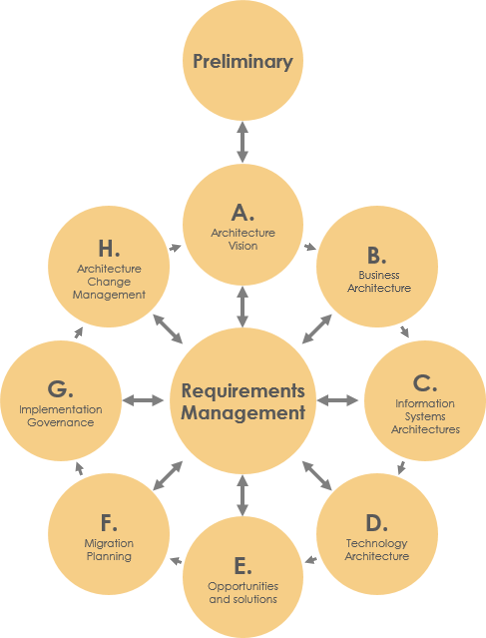
Learning one new thing everyday


TOGAF ADM, short for TOGAF Architecture Development Method, is an architecture method suggested by TOGAF. It is a method for developing and managing the lifecycle of an enterprise architecture, and forms the core of TOGAF.
Continue reading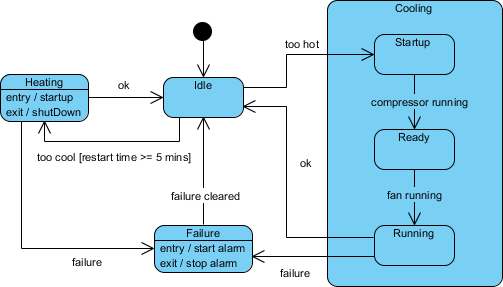
A simple state is one which has no substructure. A state which has substates (nested states) is called a composite state. Substates may be nested to any level. A nested state machine may have at most one initial state and one final state. Substates are used to simplify complex flat state machines by showing that some states are only possible within a particular context (the enclosing state).
Continue reading
A state-transition diagram presents a sequence of states that an object goes through during its lifecycle. It is used to describe the changes of states for an object or for a component.
Continue reading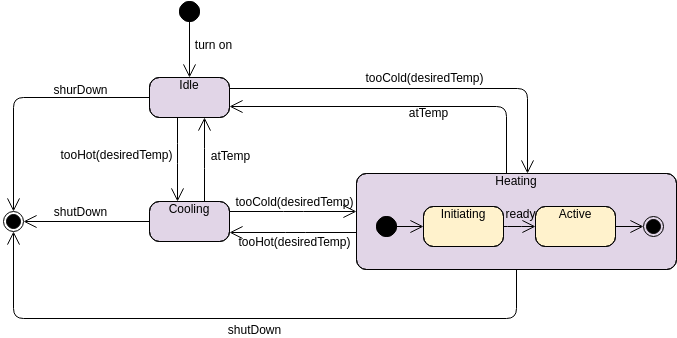
The behavioral things is the dynamic part of the UML model. These are the verbs of a model. Represents actions in time and space. In general, there are two main kinds of behavioral things. (1) Interactions (2) state machines. They are the basic behavioral things that you may include in a UML model, typically the state machine diagram. Semantically, these elements are usually connected to various structural elements, primarily classes, collaborations, and objects.
Continue reading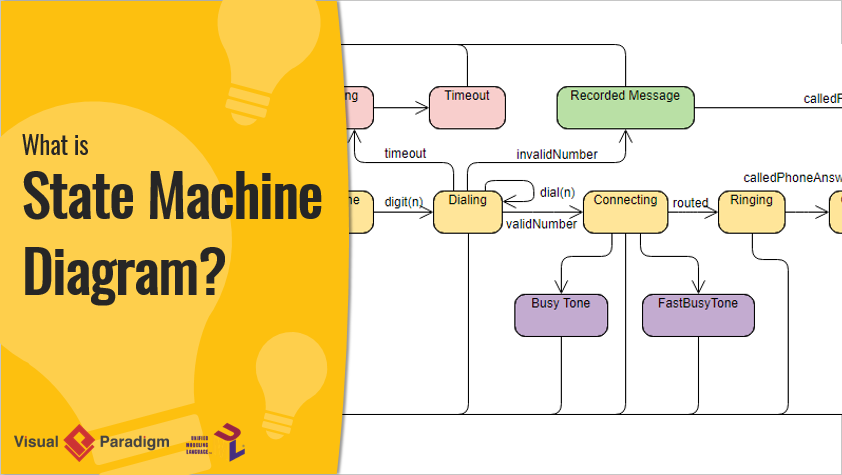
State Machine Diagram Note from OMG State Machine Slides – Lecture Notes by B. Beckert What is State Machine Diagram?
Continue reading
UML State machine diagram and activity diagram are both behavioral diagrams but have different emphases. Activity diagram is flow of functions without trigger (event) mechanism, state machine is consist of triggered states.
Continue reading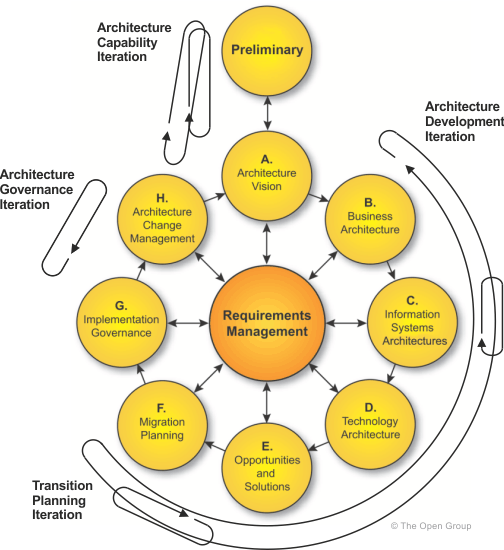
TOGAF (The Open Group Architecture Framework) is an open organizational framework. The framework itself is a well-documented body of knowledge,
Continue readingWhen teams first start agile development, little has changed, other than perhaps more meetings on the schedule. They may still operate separately or limit their interactions with customers. You might see the work break down into waterfall kind of tasks, then design user stories, then build stories, then test stories. Therefore, the “Agile Teams” are agile in form when they just walk around without understanding or accepting agile principles and values. Teams become agile when they think and act in line with agile values and principles.
Continue reading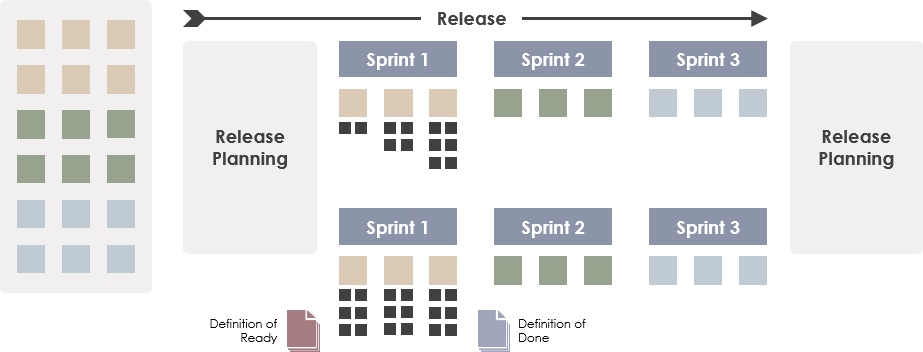
The Definition of Ready is a set of agreements that lets everyone know when something is ready to begin, e.g., when a user story is ready to be taken into a sprint, or when all necessary conditions are right for a team to start a sprint. An appropriate definition of ready will substantially improve the Scrum team’s chance of successfully meeting its sprint goal.
Continue reading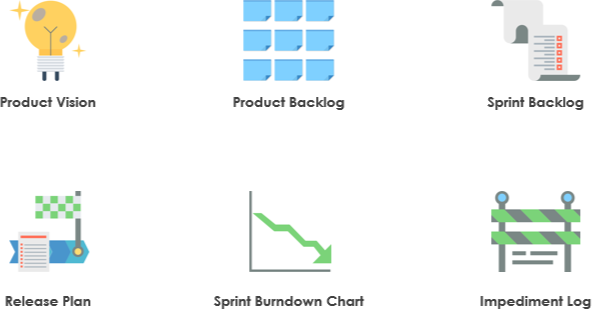
Transparency is the first important aspect of the Scrum process and must be visible to those responsible for the outcome. Transparency requires that these aspects be defined in their daily activities and artifacts so that teams can share a common understanding of what they see.
Continue reading